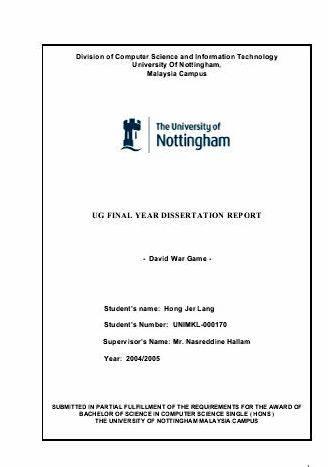Malthus: Theory of Population Growth Essay - 984 Words.
An Essay on the Principle of Population An Essay on the Principle of Population, as it Affects the Future Improvement of Society with Remarks on the Speculations of Mr. Godwin, M. Condorcet, and Other Writers. Thomas Malthus London Printed for J. Johnson, in St. Paul’s Church-Yard 1798.
Essay Thomas Malthus ' The Principle Of Population. In An Essay on the Principle of Population, Thomas Malthus warned that the growth of the world’s population would exceed the rate of food production. According to his theory, population increases exponentially while resources increase arithmetically. In other words, the land’s resources.

An Essay on the Principle of Population was written by the Reverend Thomas Malthus in 1798. In this Malthus argues that poverty is the inevitable lot of the majority of people. Efforts to alleviate poverty will make it worse. Giving the poor more money, either in the form of charity or higher wages, will increase the ability of the poor to buy.

An Essay on the Principle of Population by Thomas Robert Malthus (1798) is a book widely viewed as having profound impact on the biological and social sciences by recognizing basic biophysical.

How Many Editions Of The Essay On Population Malthus your essay writer. This is done in order to maintain your confidentiality, and so that you may purchase with piece of mind. It makes it impossible for other people to find out that you used our essay writer service.

SuperSummary, a modern alternative to SparkNotes and CliffsNotes, offers high-quality study guides that feature detailed chapter summaries and analysis of major themes, characters, quotes, and essay topics. This one-page guide includes a plot summary and brief analysis of An Essay on the Principle of Population by Thomas Malthus. An Essay on the Principle of Population is an influential.

Malthus himself used only his middle name, Robert. In his 1798 book An Essay on the Principle of Population, Malthus observed that an increase in a nation's food production improved the well-being of the populace, but the improvement was temporary because it led to population growth, which in turn restored the original per capita production.

MALTHUS AND BOSERUP The world population is the total number of living humans on the planet Earth.Recently the world has just hit over 7 billion people.It is expected that if the worlds population continues to increase at the rate it is doing now, then we will become overpopulated.

In his 1798 work, An Essay on the Principle of Population, Malthus examined the relationship between population growth and resources. From this, he developed the Malthusian theory of population growth in which he wrote that population growth occurs exponentially, so it increases according to birth rate.

But Darwin himself cited, among other sources, the essay on population and overall work on the power of population dynamics of another British intellectual, Thomas Robert Malthus, when explaining what inspired and shaped his theory.Malthus believed that the world's food supply was and could be never be sufficient to keep pace with the rate of population growth in his day.

Malthus' most well known work 'An Essay on the Principle of Population' was published in 1798, although he was the author of many pamphlets and other longer tracts including 'An Inquiry into the.

Thomas robert malthus an essay on the principle of population - Bookworm adventures full version free, most notably in the work of Robert Owen, of the True Law of Population ( ) was by politician Thomas Doubleday, an the ideas of Malthus in his work, Principles of.

Malthus' Essay on Population. Thomas Malthus published his Principles of Population in 1798. He believed that natural rates of human reproduction, when unchecked, would lead to geometric increases in population: population would grow in a ratio of 1, 2, 4, 8, 16, 32, 64, 128, 256, 5122, and so forth. He also said that food production increased.



